“They’re lucky black people are looking for equality and not revenge.” Kimberly Jones made this statement following the killing of George Floyd. Lebron James echoed her sentiments stating, “Kimberly I’m here for you!!!! And more importantly I hear you and will make change for US!! I will not stop until I see it.”
Jones’ words seem like the type of statement a newly liberated Black person would have made on one of those Juneteenth days in Texas. On June 19, 1865, Black people in Galveston learned of their freedom. This occurred nearly two years after the Emancipation Proclamation issued by President Abraham Lincoln that freed enslaved Blacks in the Confederate States of America and six months before the Thirteenth Amendment was ratified to officially end slavery in the United States.
Celebrated as a Freedom, Liberation, and Emancipation Day among descendants of enslaved Black Americans, the holiday became known as Juneteenth. Juneteenth is a holiday that all Americans should truly celebrate: an end to the most horrific racist chapter on the planet—the brutal and deadly enslavement of Black people in the United States. Corporations and universities from Twitter to University of Maryland are finally commemorating the holiday are giving employees the day off for a day of reflection, education, and healing. Similar to Dr. Martin Luther King Jr’s holiday, a day on might be appropriate for people to continue to embark on this next chapter of America’s racial awakening.
Americans have a long way to go to truly become what I call “racial equity learners.” For many Black Americans, bondage did not end with Juneteenth. Rather, shackles and whips were exchanged for handcuffs and batons. Picking cotton was exchanged for the railroad chain gang during convict leasing. Subpar education and housing continued and continues. De facto redlining commemorates a systemic form of racial segregation that manifests in Blacks over exposure to COVID-19.
For many, Black bondage has been continuously repacked with a different wrapper like a company that has scandals and changes its name. Convict leasing and lynching replaced slavery throughout much of the south, and even spread to the west and east coasts. In fact, about 75% of Alabama’s state revenue came from convict leasing. The legacy of convict leasing lives on today as incarcerated people make products for companies, including some universities. In college, your baby could be sleeping in a bed made by a prisoner for a company that is shopped and traded on the New York Stock Exchange.
For similar behaviors, Blacks are more likely than whites to be profiled by police, stopped by police, brutalized by police, arrested by police, charged with crimes by district attorneys and juries, and given longer sentences by judges. The criminalization of Black bodies often start with a jog and end with a death sentence. These outcomes are not in 1865. They are in 2020.
Black people are 3.5 times more likely than whites to be killed by police when we are not attacking or have a weapon. Black people are roughly three times more likely to die from COVID-19. Black people are six times more likely than whites to be turned away from hospitals for COVID-19 testing. Black people have 10 times less wealth than whites. Black college graduates have seven times less wealth than whites.
These disparities should not be surprising. They are structurally predictable and baked into the land that my ancestors pruned and bled on and manifest in where we live and the schools we attend. Houses in predominately Black neighborhoods relative to similar houses in predominately white neighborhoods have nearly $50,000 less home value. “Non-white school districts, compared to predominately white districts, receive $23 billion less in funding.”
It is an empirical fact that many average Americans living great lives do so because of economic catapults that shot them out of a rocket. These catapults have historically evaded and currently evade Black people due to racialized and structural failures with social policy. Forty acres and a mule after the Civil War, miss. The New Deal after The Great Depression, miss. Payment Protection Program funding during the COVID-19 pandemic, miss.
Despite these disparities rotted in structural racism, Black people have always persevered and contributed to America and the world in ways that should be lauded. Black people have invented the X-ray spectrometer, folding bed, ironing board, gas mask, traffic light, microphone, carbon light bulb filament, heart pace maker control unit, home security system, rotary-blade lawn mower, HVAC systems, computer processor, computer monitor, wooden golf tee, amputee self-feeding device, super soaker, refrigerated truck systems, video game cartridge, whiskey, lubricator for engines, and electric elevator doors. Black people made these accomplishments during slavery, Jim Crow, and mass incarceration. Imagine if racial equity actually existed. To this day though, Black people are less likely to receive patents and loans for inventions and small businesses.
As we celebrate Juneteenth, we have a lot of work to do as a nation to make-up for Black plight since 1619. Black people’s Americanness has never been fully acknowledged. We have fought in every war and died to defend a utopian way of life that we never truly benefited from. We love America, but America has never truly loved us back. Reparations is the only path toward true racial equity in the United States of America.
The Brookings Institution is committed to quality, independence, and impact.
We are supported by a diverse array of funders. In line with our values and policies, each Brookings publication represents the sole views of its author(s).
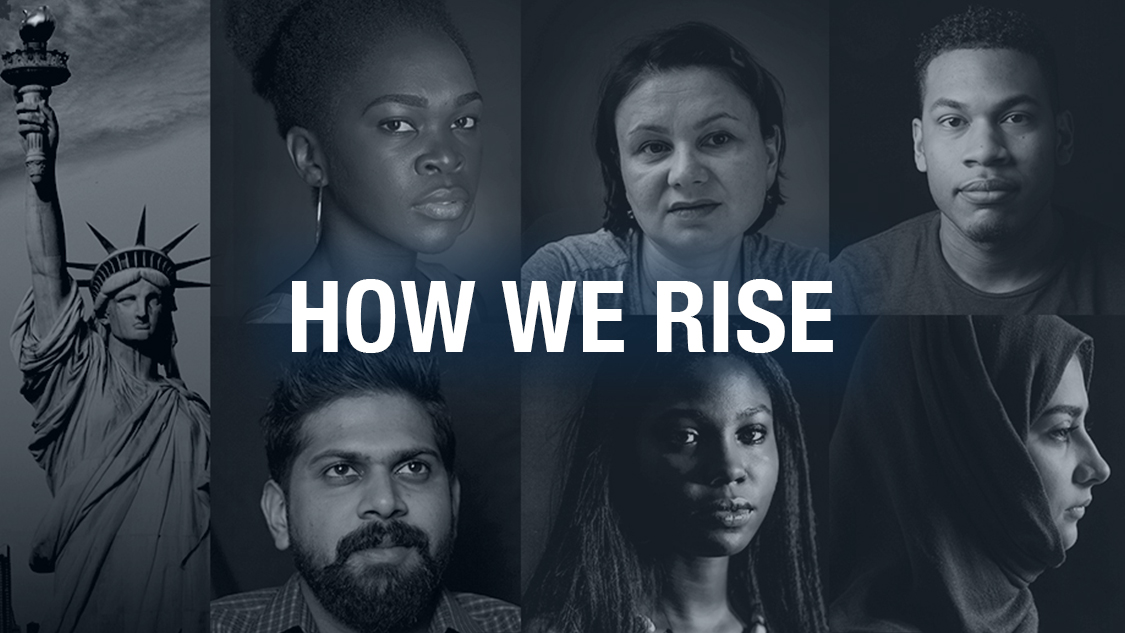
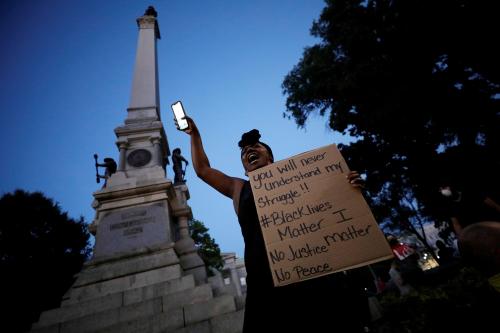
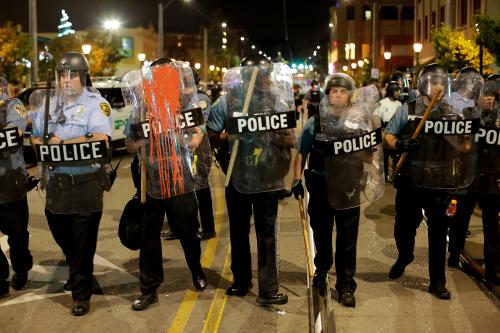
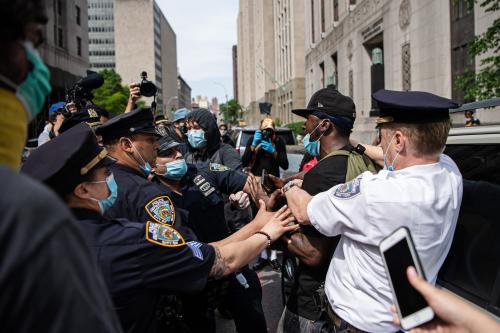

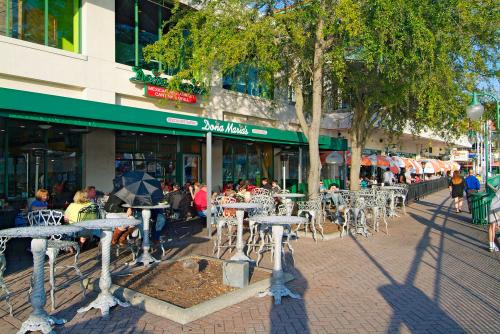

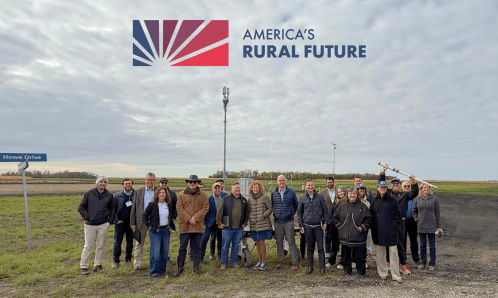
Commentary
Why Juneteenth is a rallying cry for reparations
June 19, 2020